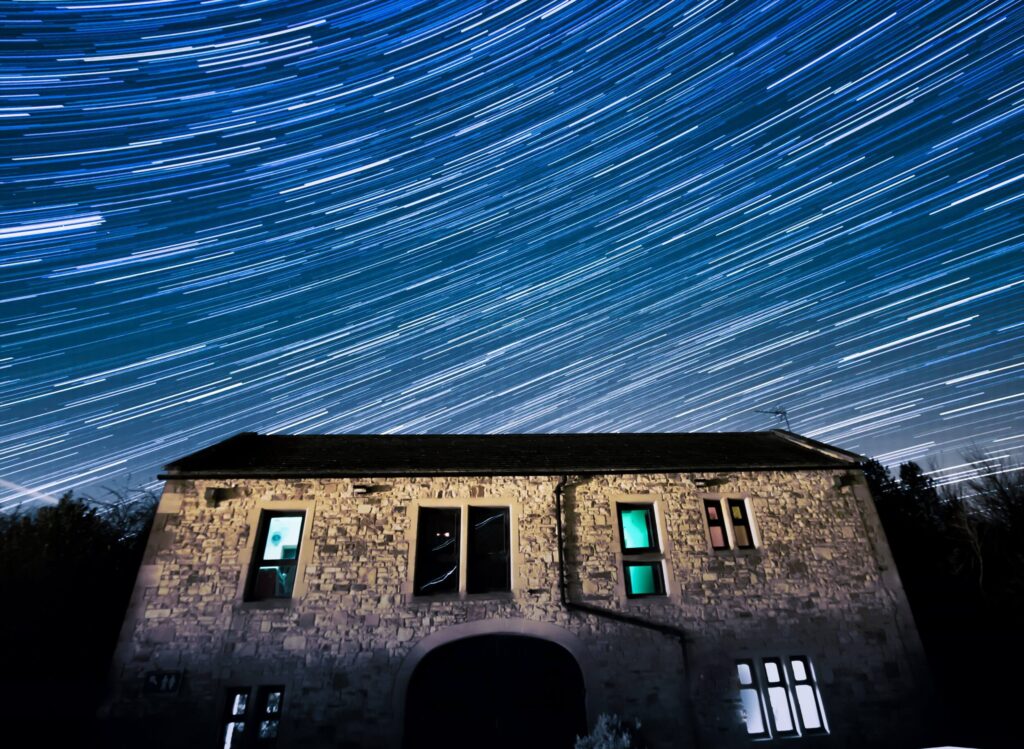- Play Hard
- 18th Feb 2023
- 835 Views
- 0
- 1 minutes
Grassholme Observatory promises a star gazing experience you’ll never forget

With green space, dark skies and the quiet calm of Grassholme reservoir nearby, this new kid on the astronomy block is taking star gazing pods to new heights.










Comments